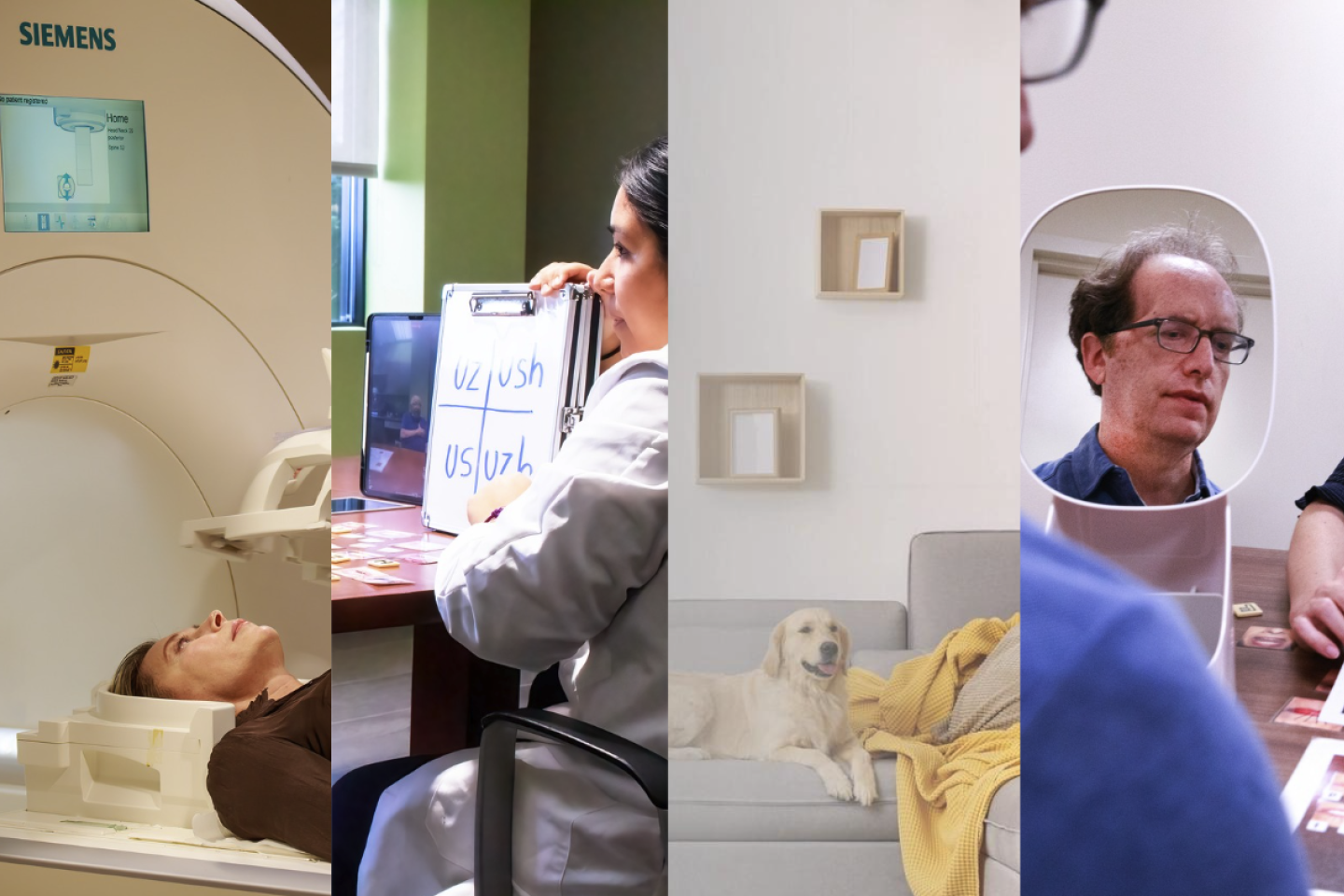
Center for Stroke Rehabilitation Research
Pioneering Stroke Recovery Interventions and Insights
From research to real-world application, the Center is dedicated to enhancing stroke rehabilitation and community reintegration. This is achieved by advancing our understanding of spatial neglect detection and treatment, expanding insights into reading deficits, improving medication adherence, and introducing innovative interventions within in-patient rehabilitation.
Center Leadership
Center Leadership
-
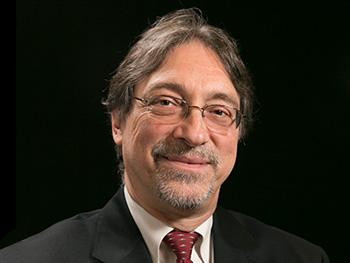
Senior Vice President, Research and Training
Co-Director
Center for Multiple Sclerosis Research
Interim Director
Laboratory Leadership
Laboratory Leadership
-
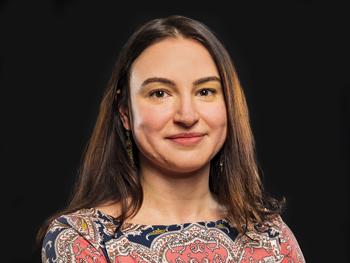
Senior Research Scientist
-

Senior Research Scientist
-
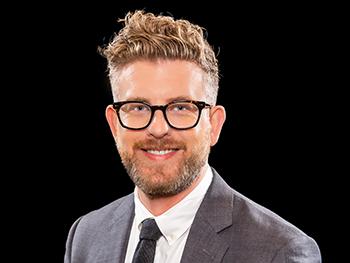
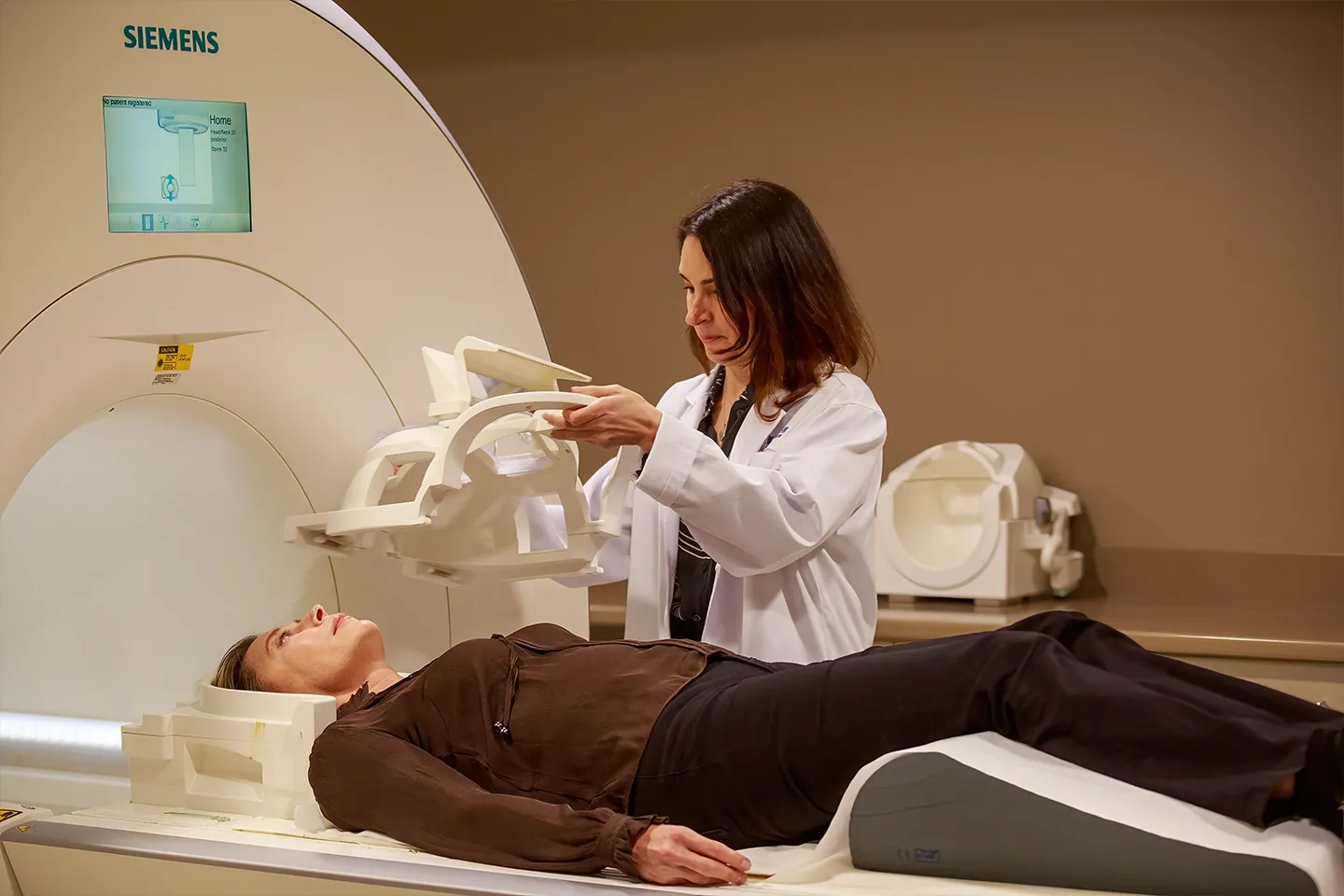
Bringing Hidden Disabilities to Light
Understanding the connection between stroke and cognitive impairment – including spatial attention, language, and self-awareness – is the focal point of the Center’s research and improving patients’ quality of life. Ongoing studies explore the use of cutting-edge extended reality technology, eye tracking technology, MRI brain imaging, neurofeedback, and provide caregiver support.
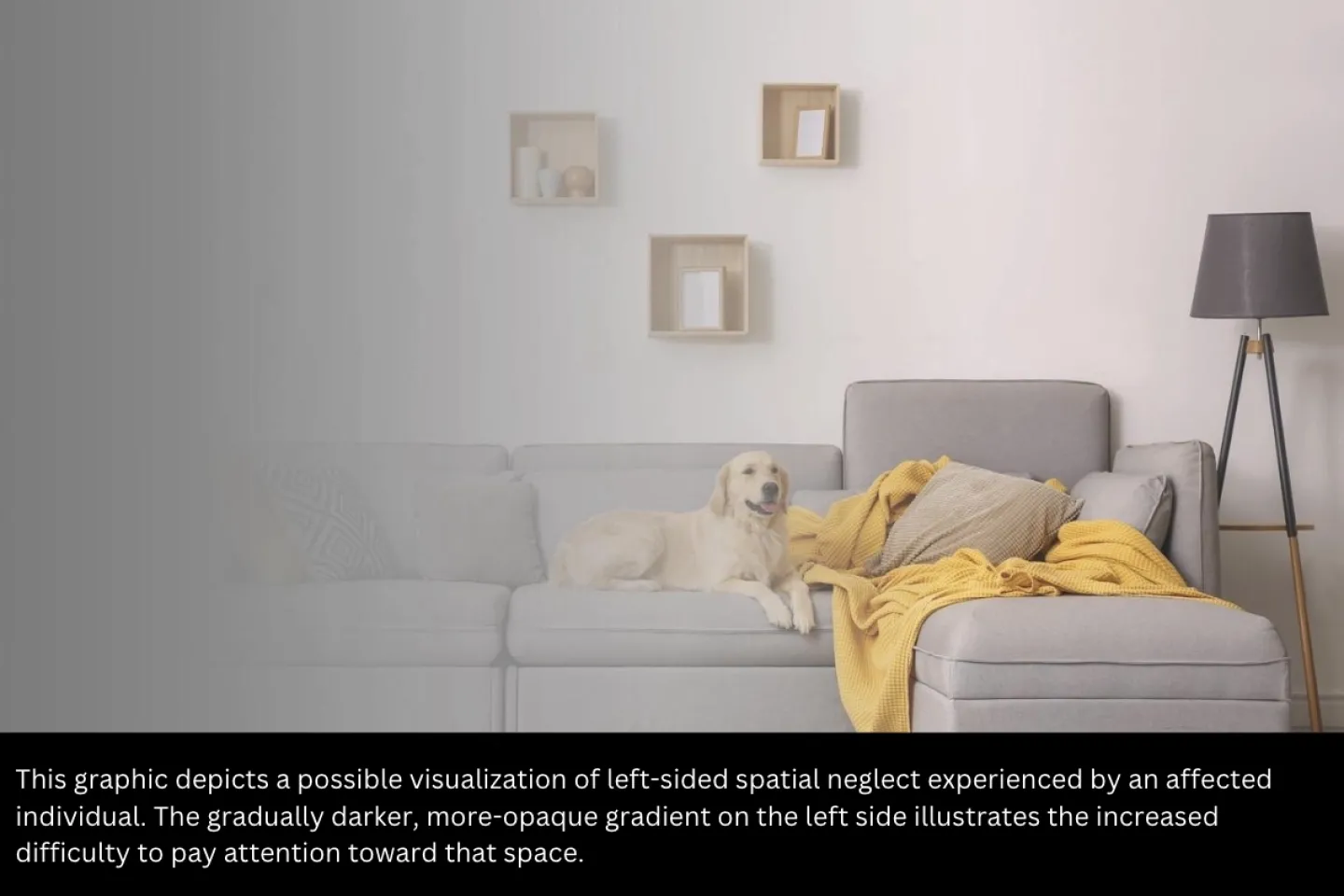
Unveiling the Complexity of Spatial Neglect
Spatial neglect is a common complication that often escapes detection with serious consequences for stroke survivors. Center researchers have developed game-changing clinical tools for detecting, assessing, and treating spatial neglect. These tools have been widely adopted in rehabilitation facilities in the U.S. and worldwide, improving outcomes for those affected.
Guide to Spatial Neglect For Survivors and Family Caregivers
Guide to Spatial Neglect For Healthcare Professionals
Join a Study
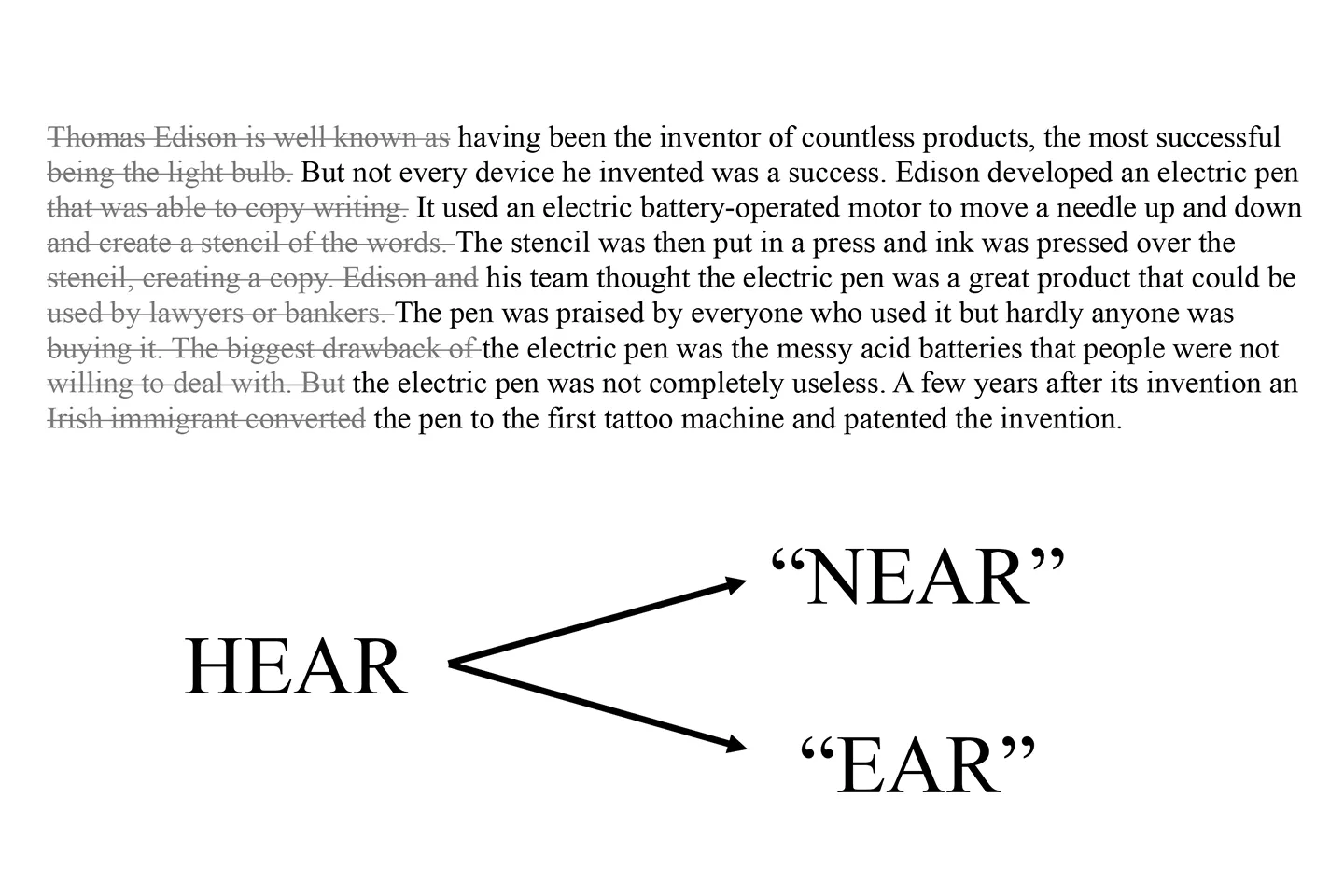
Uncovering Insights into Neglect Dyslexia
Neglect dyslexia is a reading impairment associated with post-stroke spatial neglect in which people misread words or letters presented on one side (e.g., as depicted in graphic, only reads the right side of a sentence or misreads the left side of a word). Center researchers are exploring the role of gaze in neglect dyslexic errors through comprehensive analysis of biometric, behavioral, and neuroimaging data.
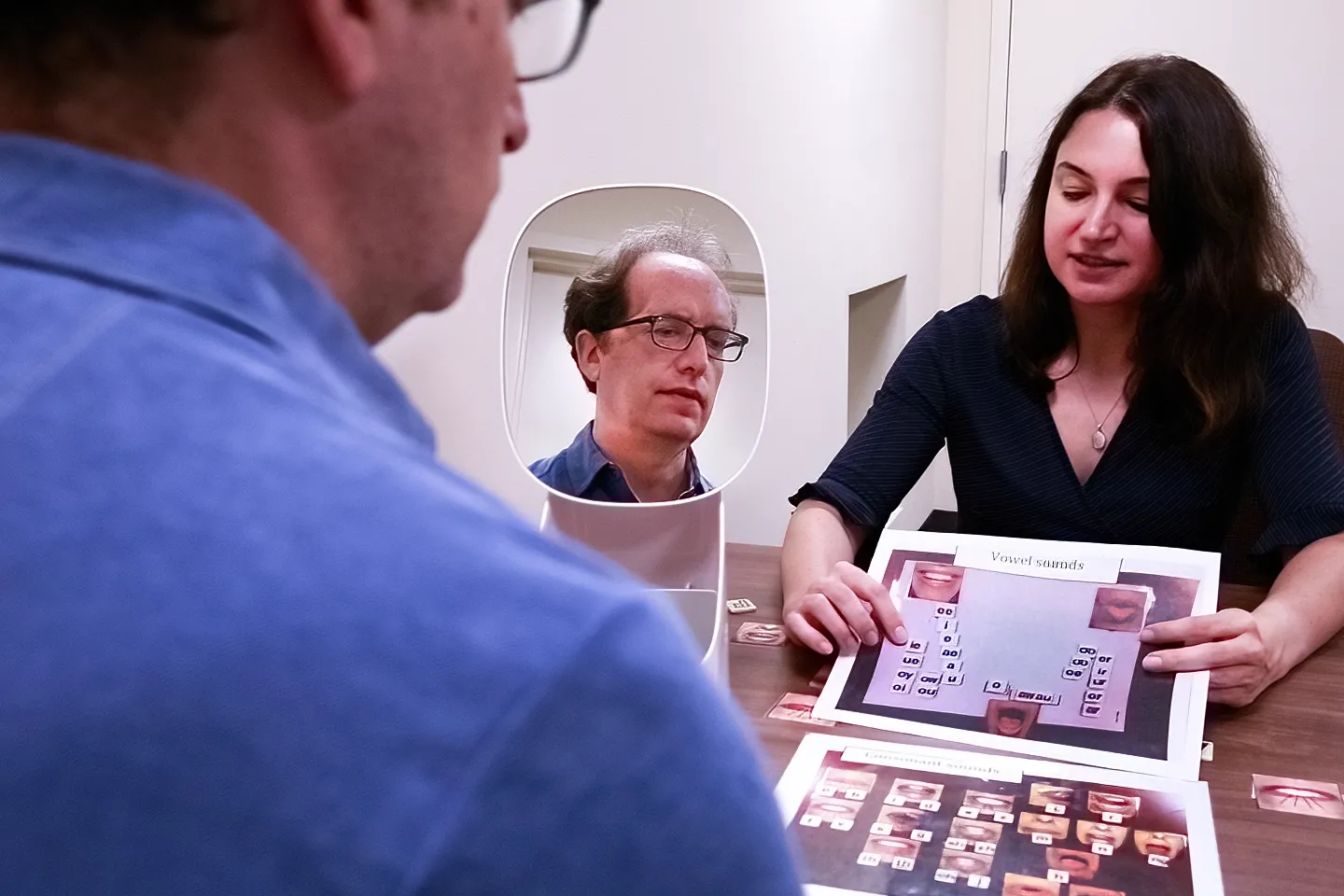
Exploring Reading Difficulties in Aphasia
Aphasia, an acquired communication disorder, affects multiple aspects of language, such as speaking, understanding, reading, and writing. Individuals with deficits in reading encounter challenges accessing information, pursuing education or career opportunities, and maintaining independent living. Center research aims to fill the gap in current treatment approaches by focusing on cognitive and neural processes critical to reading.
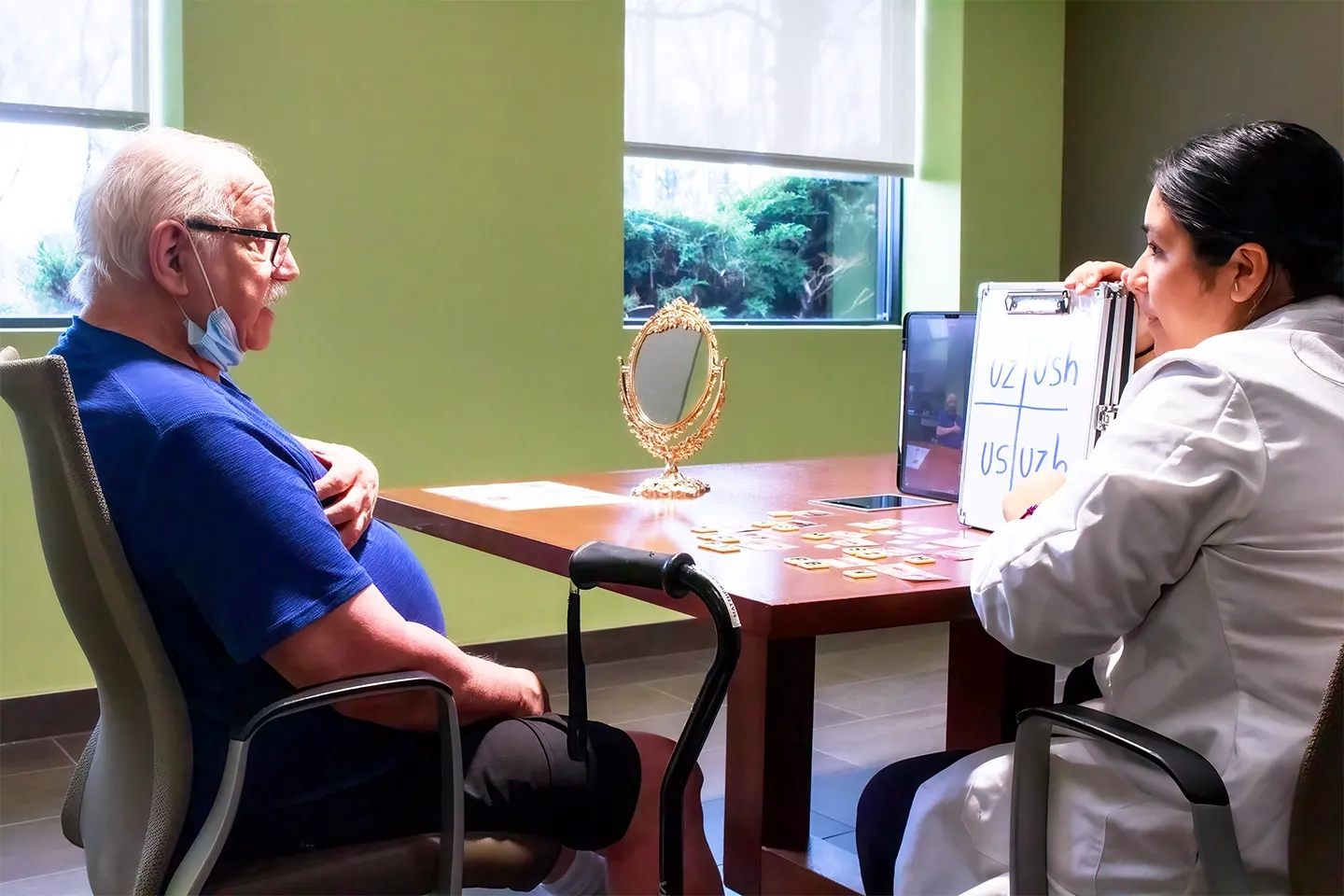
A Neurorehabilitation Frontier: Investigating Reading Loss after Stroke
Stroke-induced reading impairment poses a significant challenge, and innovative research is shedding light on promising ways to overcome this obstacle. Hundreds of thousands of strokes occur every year, and each day, the number of people with reading deficits increases. Center researchers are focusing on the need for early and effective treatments after stroke.
Join a Study